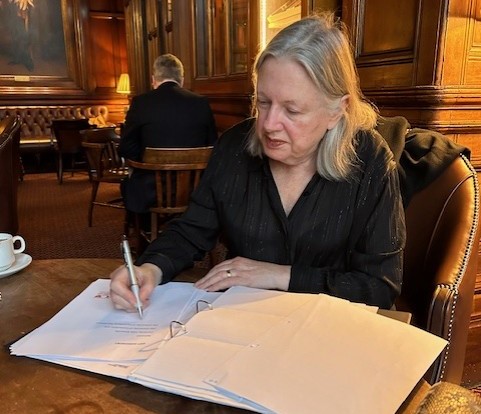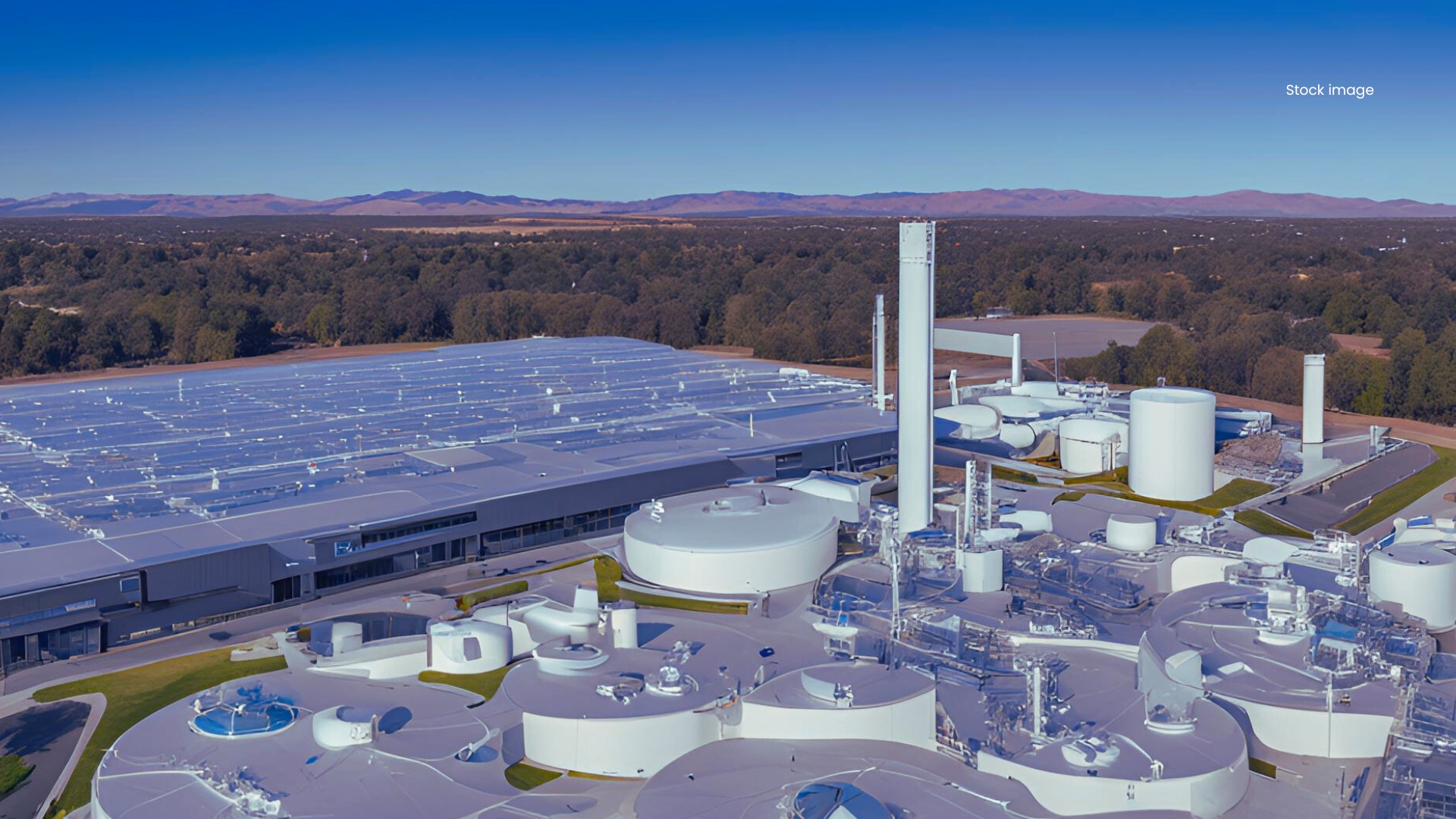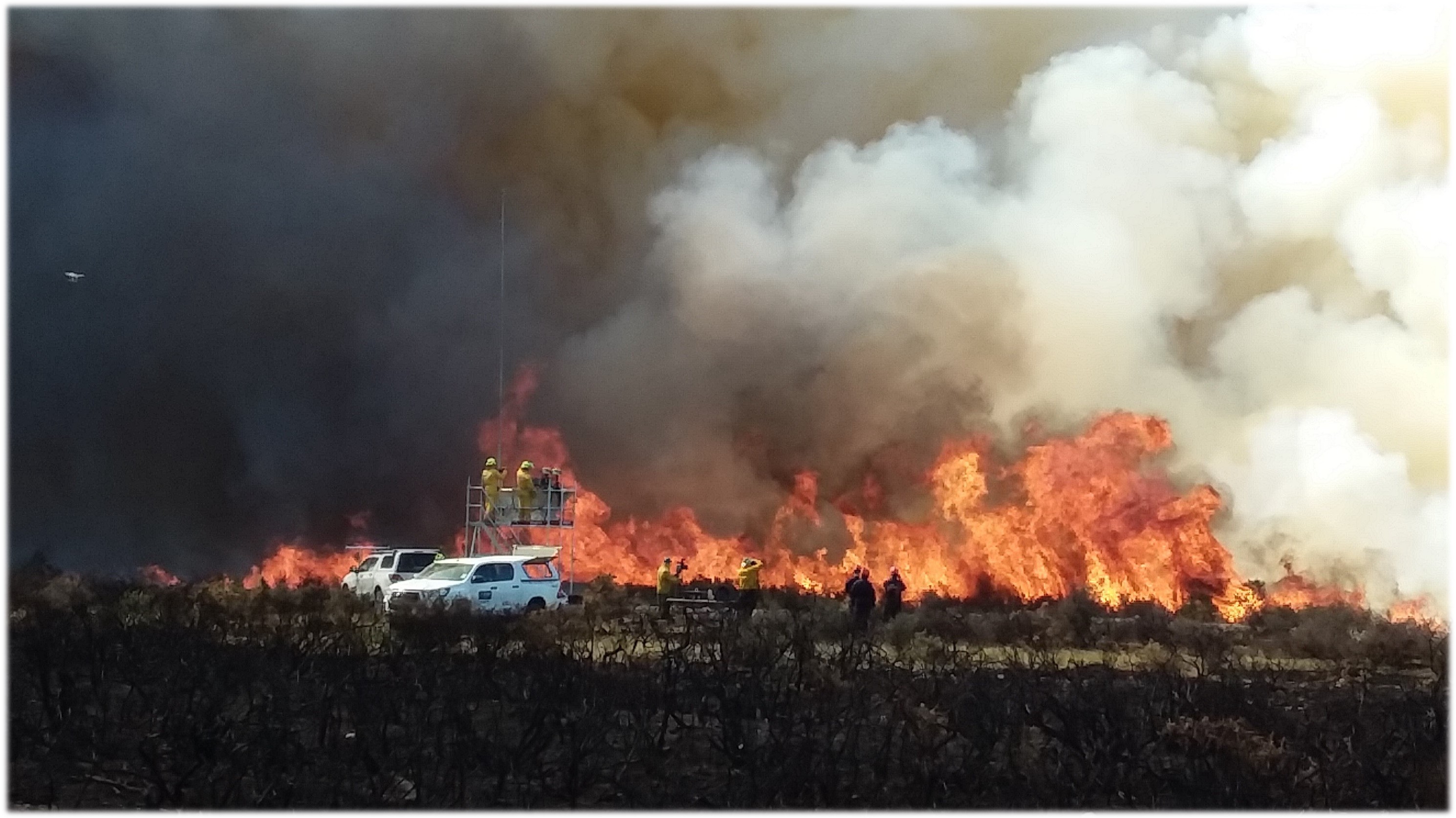Offshore exploration had already slowed significantly before the ban, with declining permits and drilling activity after 2014. Even if discoveries had been made after 2018, the lengthy timelines to develop gas fields meant they wouldn’t have impacted supply by 2024.
Instead, the shortage stemmed from declining production at the Pohokura gas field and increased demand from electricity generators during low hydro inflows. While the ban didn’t cause the crisis, it discouraged investment in New Zealand’s energy sector, creating long-term uncertainty.
Despite the challenges, renewable energy projects like utility solar farms and grid-scale batteries are expanding rapidly. The exploration ban’s lasting legacy lies in signalling a shift away from fossil fuels, though its effectiveness remains debatable.
Read the full article on The Conversation.
Disclosure statement
David Dempsey receives funding from MBIE to research underground hydrogen storage and atmospheric carbon dioxide removal.










